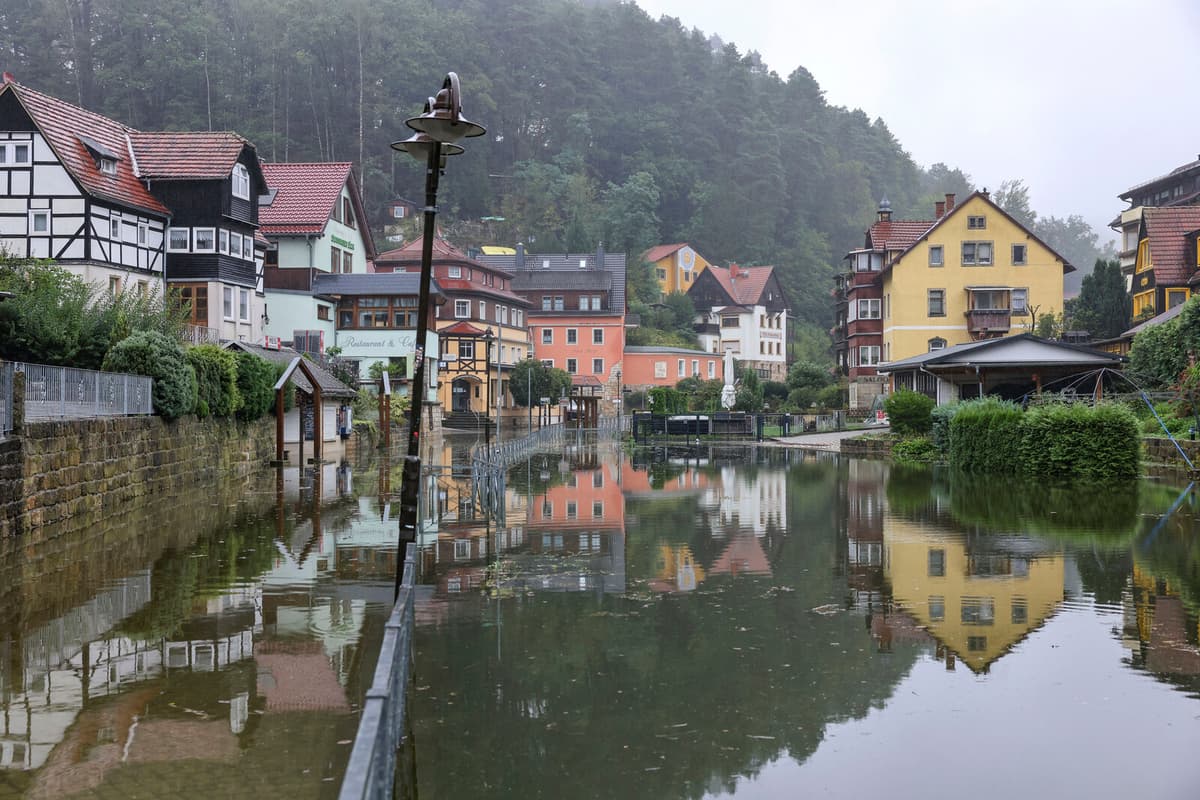In Poland, at least five dead have been found, people who were swept away and drowned in the enormous rainfall that has transformed rivers and canals into violent infernos.
On Monday, large cities such as Opole, with 130,000 inhabitants, and Wroclaw, where nearly 650,000 live, were threatened by the water masses, reports news agency AFP.
Prime Minister Donald Tusk called an emergency government meeting, where they agreed on a support package for the victims worth one billion zloty (approximately 2.6 billion kronor).
Further south, in Hungary, Prime Minister Orbán announced that he had to stay at home in Budapest to handle the disaster. Despite Hungary currently holding the EU presidency, he will therefore miss meetings in Strasbourg on Tuesday and Wednesday.
No Forecast
In the Czech Republic, Romania, and Austria, the storm has also claimed lives. For Austria, the situation is worst in the capital region, where subway traffic is largely suspended. The rainfall is so heavy that there is no forecast yet for when traffic can return to normal, reports news agency APA.
The fire department in the million-strong city says they received up to 100 emergency calls per hour at the peak, almost two calls per minute.
Even rail and road traffic are affected. Austrian train operator ÖBB writes on X that traffic is suspended on several routes, including the Vienna-Linz stretch.
"For the time being, avoid unnecessary travel", the company appealed on Sunday.
On to Italy
A2, the country's largest highway, is again passable between Vienna and the Italian border. But countless smaller roads are blocked.
The rain has been pouring down for several days, since the low-pressure system is both deep and relatively stationary – which in turn is due to being squeezed between strong and stable high-pressure systems in other parts of Europe. The storm's ravages are described in several countries as the worst since at least the 1990s.
Now, however, it should ease off in the hardest-hit areas, according to the British BBC, which, however, warns that even in a weakened version, Boris can still cause trouble in northern Italy in the coming days.
Sweden's embassies in the respective countries are urging Swedes to be aware of local warnings.






